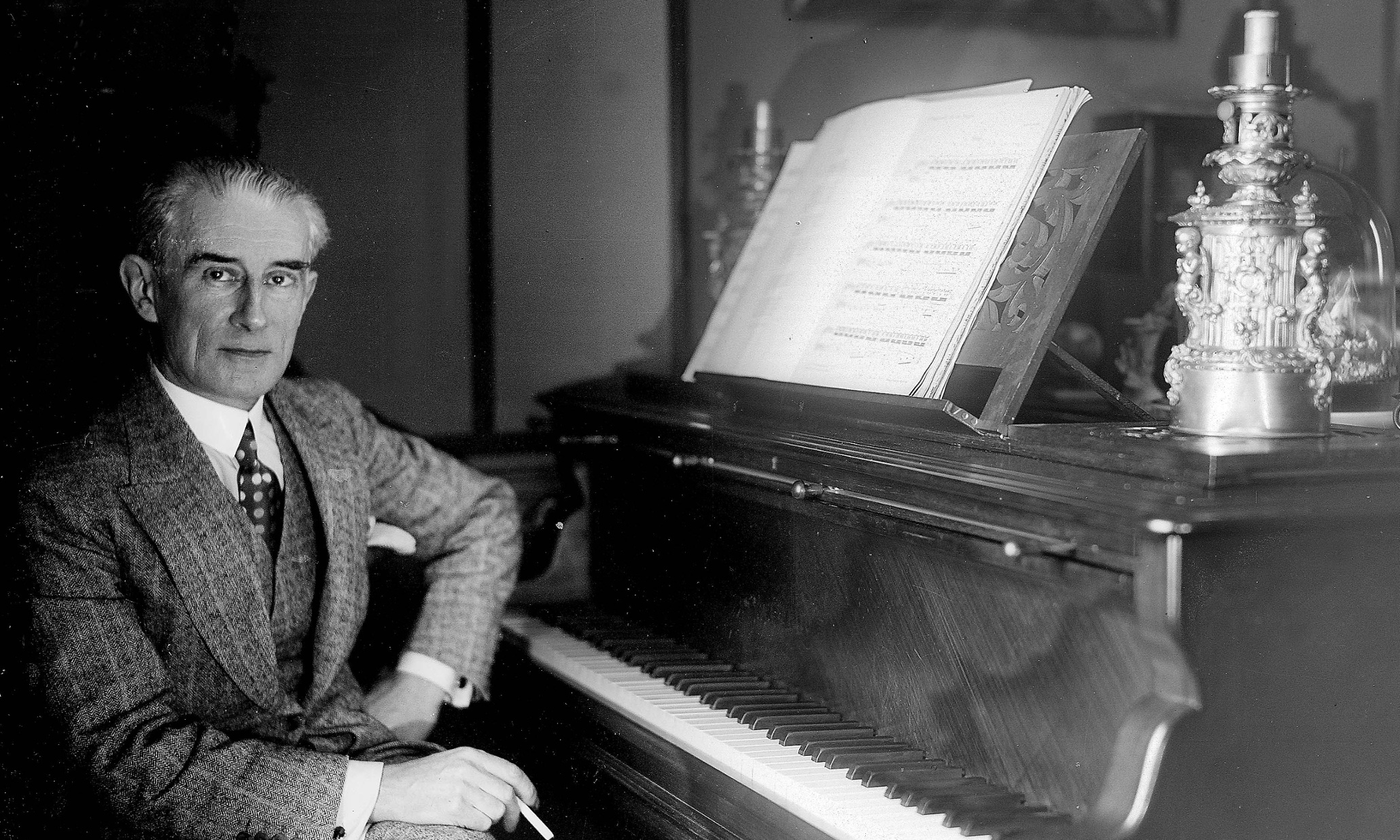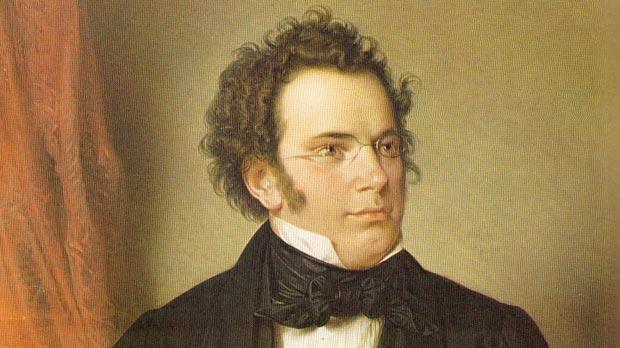Le Tombeau de Couperin: Post-Apocalyptic Ravel
Listening to Maurice Ravel’s Le Tombeau de Couperin, it’s easy to get a sense of altered reality. Outwardly, the original six movement suite, written for solo piano, responds to the horrors and devastation of the First World War, a conflict Ravel experienced first hand as a military ambulance driver. Ravel dedicated each movement of the work, written between 1914 and 1917, to the memory of a friend lost on the battlefield. But, interestingly, …


